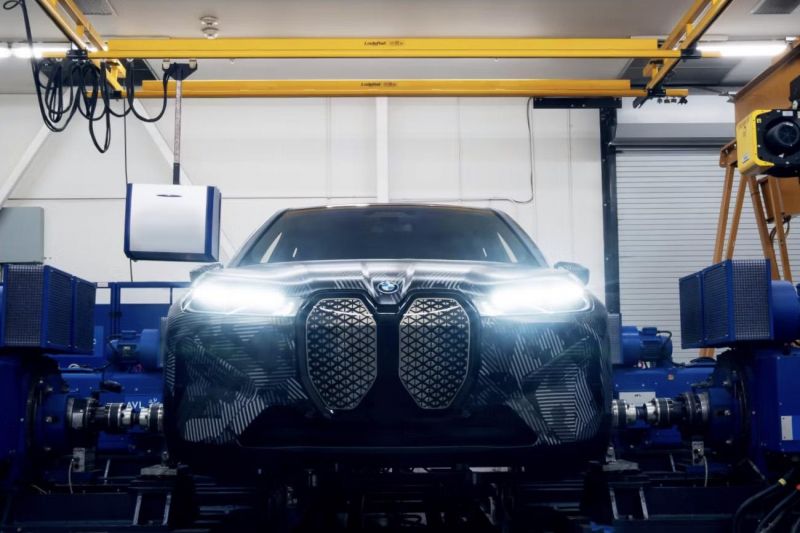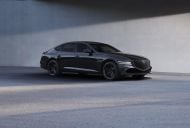Our Next Energy (ONE) has successfully achieved close to 1000km of range during WLTP testing for its Gemini dual-chemistry battery technology.
The company has successfully built an iX prototype using a combination of lithium iron phosphate (LFP) battery cells, and high energy density anode-free cells.
The LFP cells are designed to meet “the demands of 99 per cent of daily trips with a range of 150 miles” [241km], while the anode-free cells are on hand to offer an additional 724km.
ONE hasn’t delved into why it’s paired the new, anode-free battery cells with more conventional LFP units; it’s likely they’re not suitable for the rapid charge/discharge required of an electric car in the city, and instead are better utilised a type of range extender under more consistent load on the highway.
The two chemistries are made to work together using what ONE calls a “dual-chemistry architecture”, along with a DC-to-DC converter.
ONE says the unique battery design slashes the amount of lithium required in a battery by 20 per cent, the amount of graphite by 60 per cent, and minimises the amount of nickel and cobalt required.
ONE created a video which explains the updated battery module technology in a little more depth.
The company says it will now focus on further refinements to the Gemini system to prepare for commercialisation, expected in 2025.
It plans to further refine the DC-to-DC converter, develop enhanced control algorithms and conduct further battery validation and cell development.
In 2022, ONE signed an agreement with BMW Group to incorporate its Gemini battery technology into the brand’s flagship electric iX SUV.
Last year BMW I Ventures – the company’s Silicon Valley-based venture capital arm – led a US$65 million (A$99 million) funding round for ONE.
MORE: Everything BMW iX
MORE: BMW iX review




